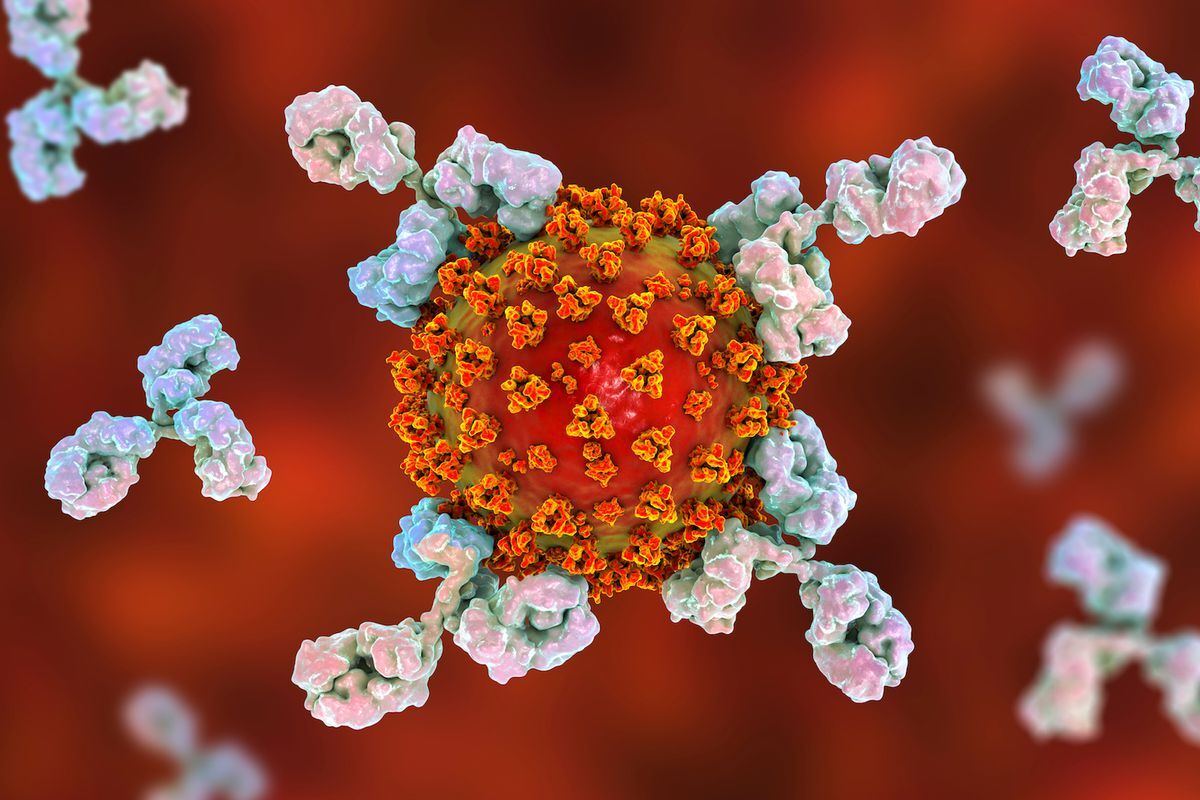
What is Geschwind Syndrome? Geschwind Syndrome, also known as Gastaut-Geschwind Syndrome, is a rare neurological disorder often linked to temporal lobe epilepsy. People with this condition may experience a range of symptoms that affect their personality and behavior. These can include hypergraphia (an intense urge to write), hyperreligiosity, altered sexual behavior, and a heightened sense of personal destiny. The syndrome is named after Norman Geschwind, a neurologist who extensively studied the relationship between brain function and behavior. Understanding this syndrome can help in recognizing its impact on daily life and the importance of seeking appropriate medical care.
What is Geschwind Syndrome?
Geschwind Syndrome, also known as Gastaut-Geschwind Syndrome, is a rare neurological disorder. It is often associated with temporal lobe epilepsy. This condition affects behavior and personality. Here are some intriguing facts about this syndrome.
Behavioral Changes
People with Geschwind Syndrome often exhibit noticeable behavioral changes. These changes can be quite distinct.
- Hypergraphia: This is an intense desire to write or draw. Individuals may produce copious amounts of written material.
- Hyperreligiosity: A heightened interest in religious or philosophical topics. This can lead to obsessive thoughts about spirituality.
- Circumstantiality: Speech becomes overly detailed and tangential. Conversations may become long-winded and hard to follow.
- Aggressiveness: Increased irritability and aggression. This can strain relationships with family and friends.
- Altered Sexuality: Changes in sexual behavior or interests. This can range from increased libido to asexuality.
Neurological Aspects
The neurological underpinnings of Geschwind Syndrome are fascinating. They reveal much about how the brain works.
- Temporal Lobe Epilepsy: Often linked with seizures originating in the temporal lobe. This part of the brain is crucial for memory and emotion.
- EEG Abnormalities: Electroencephalograms (EEGs) often show unusual patterns. These patterns help in diagnosing the syndrome.
- Brain Lesions: Lesions in the temporal lobe are common. These can be detected through MRI scans.
- Aura Experiences: Many patients report auras before seizures. These can include strange smells, tastes, or visual phenomena.
- Memory Issues: Problems with memory are frequent. This can include both short-term and long-term memory.
Emotional and Social Impact
The emotional and social effects of Geschwind Syndrome can be profound. They often affect daily life significantly.
- Emotional Instability: Mood swings and emotional outbursts are common. This can make social interactions challenging.
- Social Withdrawal: Many individuals become socially isolated. This can be due to their behavioral changes.
- Empathy Changes: Altered levels of empathy. Some may become more empathetic, while others less so.
- Obsessive-Compulsive Traits: Increased tendency towards obsessive-compulsive behaviors. This can include repetitive actions or thoughts.
- Depression and Anxiety: Higher rates of depression and anxiety. These mental health issues often require treatment.
Treatment and Management
Managing Geschwind Syndrome involves a combination of approaches. Treatment aims to improve quality of life.
- Medication: Anti-epileptic drugs are commonly used. These help control seizures and some behavioral symptoms.
- Therapy: Psychological therapy can be beneficial. Cognitive-behavioral therapy (CBT) is often recommended.
- Lifestyle Changes: Stress management and a healthy lifestyle can help. Regular exercise and a balanced diet are important.
- Support Groups: Joining support groups can provide emotional support. Sharing experiences with others can be comforting.
- Regular Monitoring: Ongoing medical supervision is crucial. Regular check-ups help manage the condition effectively.
Final Thoughts on Geschwind Syndrome
Geschwind Syndrome, a rare neurological condition, affects individuals with temporal lobe epilepsy. It manifests through hypergraphia, hyperreligiosity, altered sexuality, and intensified emotions. Understanding these symptoms helps in recognizing and managing the condition better. Though rare, awareness can lead to early diagnosis and appropriate treatment, improving the quality of life for those affected.
If you or someone you know shows signs of Geschwind Syndrome, consulting a healthcare professional is crucial. They can provide guidance and support tailored to individual needs. Knowledge about this syndrome not only aids in personal understanding but also fosters empathy and support within the community.
Stay informed, stay empathetic, and remember that awareness is the first step towards effective management and support for those living with Geschwind Syndrome.
Was this page helpful?
Our commitment to delivering trustworthy and engaging content is at the heart of what we do. Each fact on our site is contributed by real users like you, bringing a wealth of diverse insights and information. To ensure the highest standards of accuracy and reliability, our dedicated editors meticulously review each submission. This process guarantees that the facts we share are not only fascinating but also credible. Trust in our commitment to quality and authenticity as you explore and learn with us.


